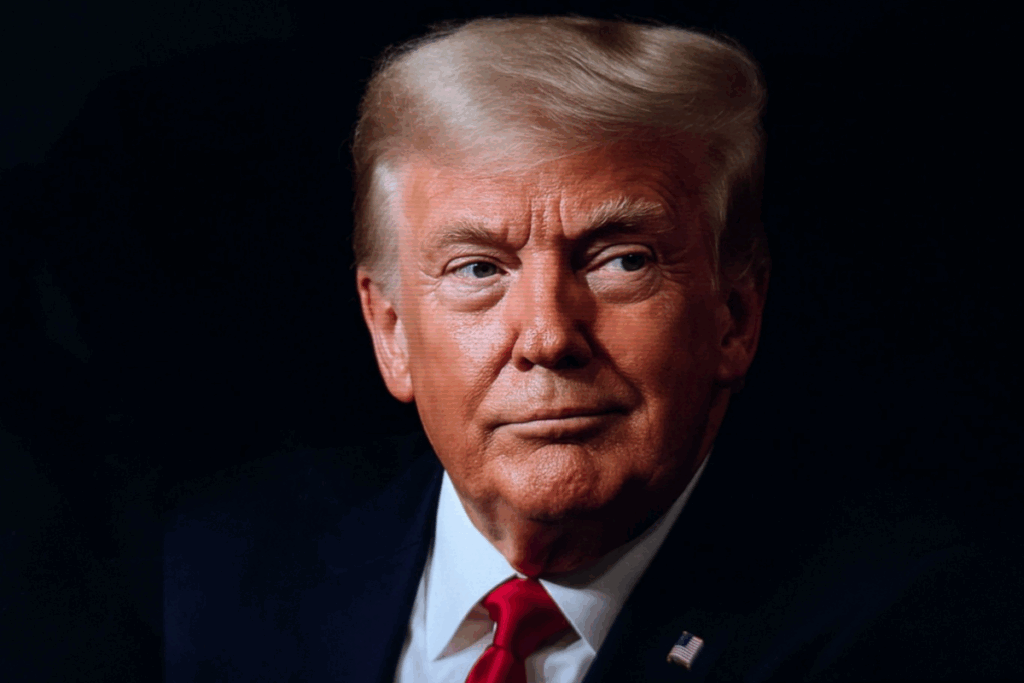White House Aims to Curb Grocery Prices With Argentine Imports
The Trump administration is facing mounting backlash from farm-state Republicans and agriculture groups after announcing plans to quadruple beef imports from Argentina, a move officials say is designed to bring down soaring grocery costs.
President Donald Trump, frustrated by high consumer prices, has repeatedly promised “a deal” to lower the cost of beef, which has surged roughly 14 percent since he took office. The average price for a pound of ground beef now stands at $6.32, according to the Federal Reserve Bank of St. Louis.
Trump’s aides argue that expanding imports is a short-term measure to ease prices for consumers — even if it angers ranchers who have benefited from the elevated market. “The president loves our ranchers and also loves American consumers,” said White House Press Secretary Karoline Leavitt, stressing Trump’s commitment to “lowering costs by increasing supply.”
A High-Stakes Political Gamble
The White House plans to import 80,000 metric tons of Argentine beef, four times the current quota. Administration officials say the decision is part of a broader effort to support both consumers and ranchers by stabilizing prices.
Behind closed doors, however, several Republican lawmakers have expressed deep concern. Many view the move as politically risky, warning that it could alienate a core Trump constituency — rural ranchers and agricultural producers — already uneasy with recent policy shifts.
“It’s not just farm lobby groups. Regular farmers are pissed,” said one industry advocate. “They feel like they’re getting hit twice — first by competition from Argentina and again by trade uncertainty with China.”
Sen. Deb Fischer (R-Neb.) called the plan “the wrong way” to address high food prices, while National Cattlemen’s Beef Association CEO Colin Woodall said the imports “create chaos at a critical time” and “do nothing to lower grocery store prices.”
Beef Diplomacy and Economic Strain
The import deal follows Argentine President Javier Milei’s visit to Washington, where he and Trump shared a beef dinner at the White House. The timing, insiders say, reflects Trump’s interest in bolstering ties with the libertarian leader — a political ally within his global MAGA network — as well as his desire to diversify U.S. beef imports away from Brazil, which faces heavy tariffs.
Administration officials argue that Argentina is a “natural replacement” for Brazilian beef and emphasize that the long-term goal remains to expand the domestic cattle herd. “This will strengthen the beef industry in the long run,” said one White House official.
Still, the plan comes amid a $20 billion U.S. bailout program for Argentina, a move that has already drawn criticism from lawmakers who say American tax dollars are helping a competitor undercut U.S. farmers.
Inflation, Drought, and Political Risk
The White House insists that growing U.S. supply is key to bringing prices down over time. Yet analysts warn that even with new imports, prices may not fall quickly. Because cattle production cycles take years, increased supply will likely have little immediate effect on consumer costs.
Industry experts also point to factors beyond Washington’s control: droughts, smaller domestic herds, and high feed costs have all driven up beef prices. For many ranchers, those conditions have finally translated into profits after years of losses — profits they fear could now vanish.
The political stakes are high. Trump’s 2024 campaign leaned heavily on promises to tackle inflation and food costs, making beef a symbolic flashpoint. “This is eggs, part two,” one administration insider said, referencing last year’s egg price surge. “It’s all about showing consumers that he’s acting.”
Whether the gamble pays off remains uncertain. As one farm-state Republican put it, “If prices don’t drop soon, all Trump will have done is anger his base and help his rivals abroad.”


